Food quality is always high in Switzerland, but the prices are incredibly steep, leading many Swiss citizens to travel to neighboring countries to buy meat and vegetables.
Top 15 Surprising Facts About Switzerland
- 1. High Prices
- 2. Stable Gas Prices
- 3. Renting a Home is a Challenge
- 4. Swiss People Value Health Insurance
- 5. Citizens Shop for Food in Neighboring Countries
- 6. Fines Can Be Complicated
- 7. Husbands Must Support Wives After Divorce
- 8. Crystal-Paved Walkways
- 9. High-Quality Food Products
- 10. Multiple Official Languages
- 11. Many Quirky Laws
- 12. Proper Waste Disposal Regulations
- 13. Public Safety is a Top Priority
- 14. Use of Communal Laundry Rooms
- 15. Pure Cow’s Milk
- 16. Women Give Birth Later
1. High Prices
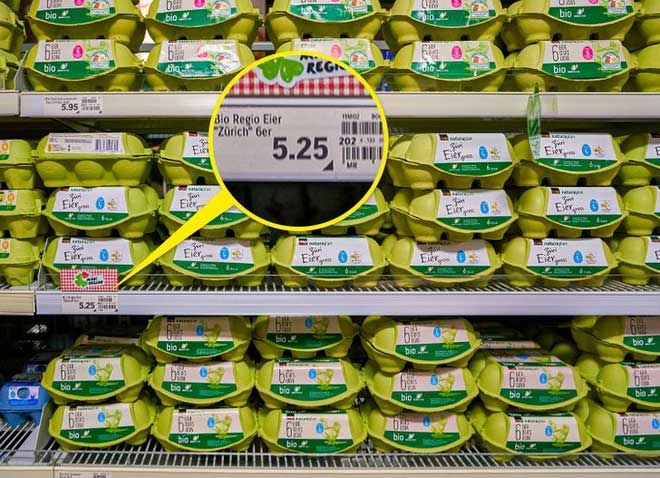
Switzerland has very high salaries, but this joy quickly evaporates when you see the prices of food items in supermarkets. For example, a kilogram of beef in Switzerland can cost over 1 million VND.
Prices at stores are quite similar, so the only way to save is to buy discounted items. Most stores in Switzerland offer a 50% discount on products nearing their expiration dates.
2. Stable Gas Prices

Gas prices in Switzerland are surprisingly stable. A Swiss man shared that in 1979, he paid 1.20 Swiss francs per liter of gas. Today, after four decades, the price is still just 1.70 francs per liter.
3. Renting a Home is a Challenge
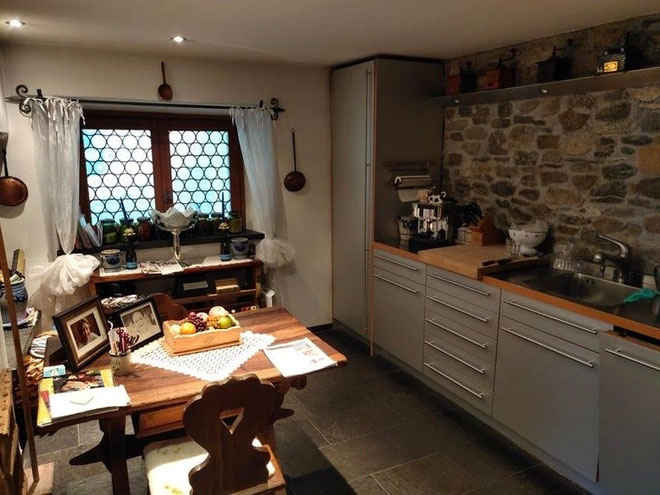
Landlords in Switzerland are very particular. They require various documents to ensure that tenants can pay their rent. If you are unemployed and lack insurance, finding a rental home can be very difficult.
Rental prices in Switzerland are also very high, especially for apartments near cities or lakes. Even in small towns, housing prices remain high compared to other countries.
4. Swiss People Value Health Insurance

Swiss citizens are required to have health insurance and pay for it themselves. Each person must pay a certain health tax, with adults paying around $2,800. This tax allows them to receive free medical treatment.
If doctors see a patient who has a chance to recover without medication, they will try to avoid intervening. They will not prescribe unnecessary medication. A girl living in Switzerland recounted that once she had a severe cough that kept her awake at night. After waiting in line for six hours, the doctors finally prescribed her cough medicine, with the consultation bill reaching 300 francs (over 7 million VND).
5. Citizens Shop for Food in Neighboring Countries
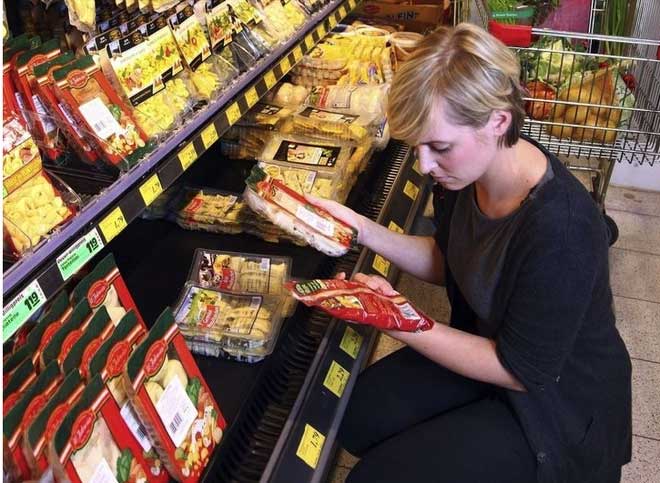
Many Swiss people living near Germany, France, and Italy often travel to these countries to buy food because it is cheaper. However, the quantity of food brought across the border is limited. For example, one person is not allowed to bring more than 20 kg of fruits and vegetables, half a kilogram of meat, 5 liters of milk, and 3 liters of juice.
6. Fines Can Be Complicated
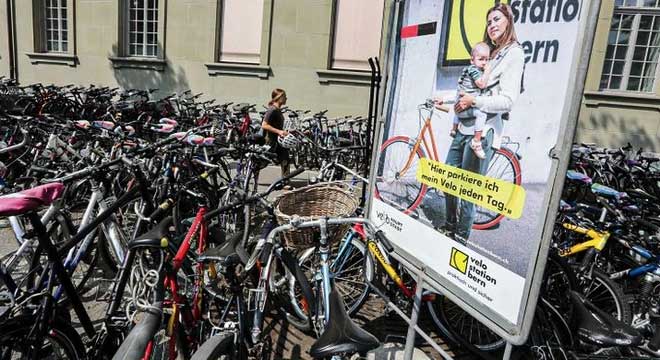
Most intersections in Zurich are equipped with cameras to record any traffic violations. If you make a mistake, you will receive a notification via email. You are only allowed to park outside for a maximum of 1.5 hours, while parking in lots can be very expensive. As a result, many Swiss people opt for public transport or bicycles to save costs.
Fines are not only for traffic violations but also for any minor infractions. One girl recounted that she bought a train ticket through an electronic app, but the ticket inspector deemed it invalid because it was purchased 38 seconds after the train departed. She tried to explain that the internet was slow, but she was still fined 30 francs (700,000 VND) while the train ticket cost only 8.6 francs.
7. Husbands Must Support Wives After Divorce
In Switzerland, after a divorce, husbands are required to pay alimony for both children and ex-wives. According to the law, the person with the higher income must bear the alimony costs, which is usually the man.
8. Crystal-Paved Walkways

In the city of Bern, the pedestrian walkways are coated with paint mixed with small Swarovski crystals to enhance light reflection at night. Each square meter contains about 500 crystal particles.
9. High-Quality Food Products

The Swiss government has policies to support farmers and laws to protect animals, which is why the country only produces high-quality meat, with no cheap alternatives. Vegetables and cheese are also very delicious. Swiss people often include cheese in their meals.
10. Multiple Official Languages
Switzerland has four official languages: French, German, Italian, and Romansh. Depending on the city, the language changes, but most people here speak multiple foreign languages. Swiss German differs from the German spoken in Germany.
11. Many Quirky Laws

Switzerland has many strict laws. For example, when you move to a new residence, you need to spend three days reading and understanding all the rules. In some houses, you are not allowed to shower in the evening, while others may prohibit flushing toilets at night.
In another place, it is stipulated that you can only shower after 10 PM. Swiss people believe that the sound of running water is noisy and disrupts their neighbors’ sleep!
12. Proper Waste Disposal Regulations
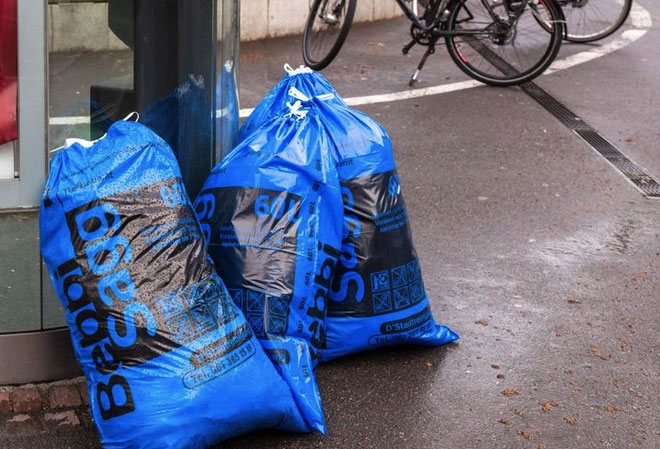
Swiss people have specific rules for garbage bags. You must use the proper bag for your trash, or you will be fined. Additionally, some districts in Switzerland have regulations regarding the color of garbage bags.
A girl who moved to a new place did not read the regulations carefully, so she put her trash in a black bag and left it among the white-orange bags as required. She was fined 65 francs for this “irresponsible” act.
13. Public Safety is a Top Priority
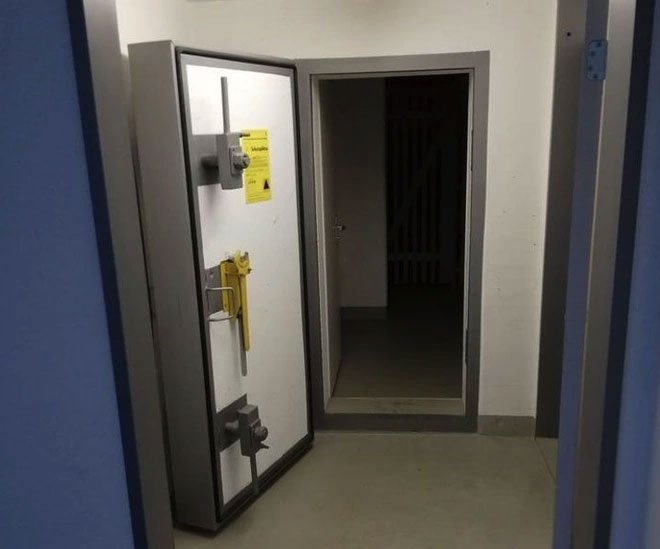
Every home in Switzerland is designed with a bomb shelter. This is a room with a ventilation system. Additionally, there are public bomb shelters available for nine people, stocked with water, food, matches, canned goods, and medical supplies. Citizens are even provided with free iodine tablets to keep at home in case of increased radiation levels.
14. Use of Communal Laundry Rooms
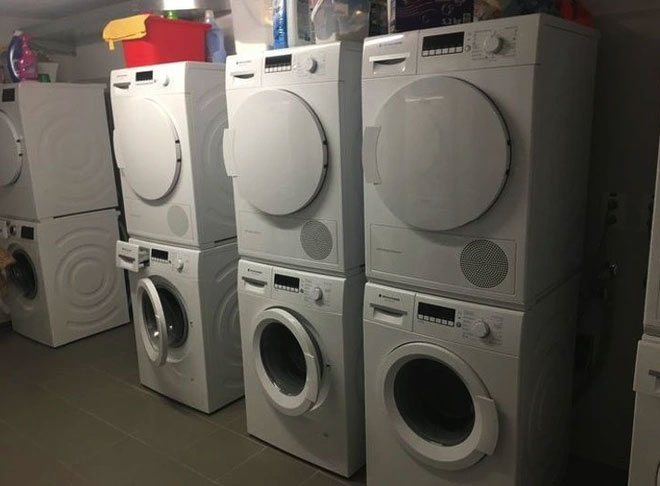
Swiss citizens still maintain the tradition of doing laundry in communal laundry rooms located in the basement of their buildings. Here, there is a schedule where everyone registers their laundry time. If you violate the registered laundry schedule, you may be fined.
Even if you want a washing machine in your home, it can be very difficult because bathrooms often lack plumbing to accommodate one. You can only choose to place your washing machine in the communal laundry area of your building.
15. Pure Cow’s Milk
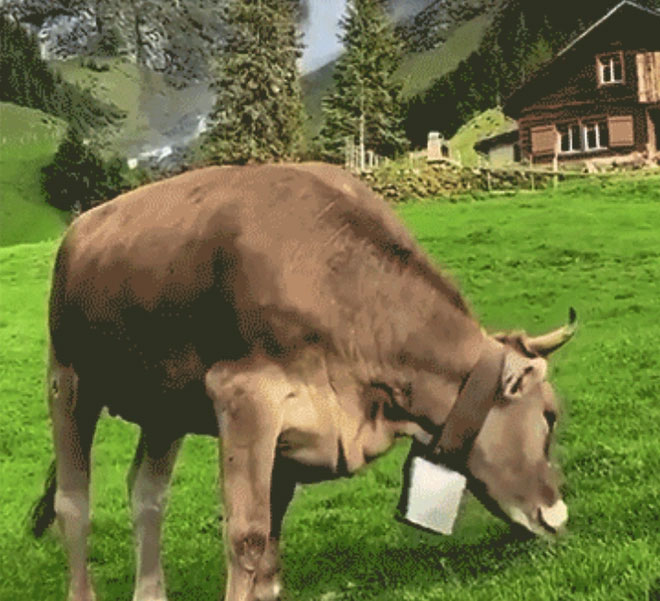
While cows in other countries are given growth hormones, the cows in Switzerland only eat grass from the Alpine mountainous regions. Every year, about 270,000 cows come here to live. They return to the farms at the beginning of autumn. Thanks to their grass diet, Swiss milk is particularly flavorful and richer than milk from other places.
16. Women Giving Birth Later

Women in Switzerland become mothers on average at the age of 30.7. This is partly due to girls being increasingly selective in their choice of partners. Furthermore, giving birth in Switzerland is not cheap. The cost for a day at a regular kindergarten is around $110-130.


















































